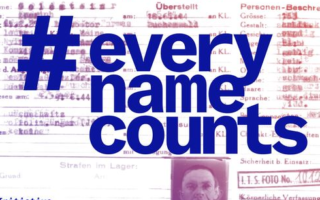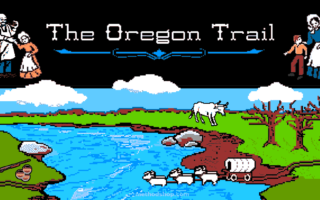Two weeks ago we discussed this posting class, unfortunately I was gone due to being covid positive. Therefore, I thought it was a good idea to revisit it here on my blog.
To shortly summarize, this piece, Teaching Guerilla Praxis: Making Critical Digital Humanities Research Politically Relevant, by Anthony Bayani Rodriguez: The article discussed the importance of utilizing digital tools in the humanities, and particularly history. Rodriguez highlights the use of technologies in their own instruction. And explains how they did so. Going on to explain their students reactions, challenges, limitations, and oversights. But, makes sure to note that despite the difficulties digital humanities needs to become an “objective and requirement” in the field of humanities today. The critical nature of the article comes from what such scholarship can bring in the humanities field. Some positive and negative special considerations regarding the importance of digital humanities were…
- The duty of humanities to address issues of power, privilege, and oppression and how digital humanities can aid be effective in this research.
- The importance of centering the perspectives and experiences of marginalized communities within digital humanities work.
- While they allow to address historical power imbalances, it also has the potential for digital tools and technologies to perpetuate or exacerbate existing inequalities and power imbalances.
- On the researching side, there are ethical considerations involved in data collection, storage, and use in digital humanities research.
- The importance of interdisciplinary collaboration and knowledge-sharing between digital humanities and other fields.
- The need to actively resist and challenge the co-optation of critical digital humanities work by dominant power structures.
- The potential for critical digital humanities research to promote social justice causes and contribute to the advancement of human rights.
Within the text, I proposed the following question on page 212 of the text:
- I wonder what the general consensus of educators on technology is? I assume there has been a significant shift in the past decade alone in the ways that educators see technology. I heard of the political science department not allowing computers and in high school being expected to put my phone in a cubby during class. Furthermore, in france there was a law going through public schools disbarring the use of phones in schools just within the past 5 years.
This question garnered a few responses some of the responses cited how educators prefer the lack of Technology when actively learning, for example to write notes. Several people noted realistically, that educators have a rather a pathetic attitude towards devices. Not being particularly happy that it is there, but not particularly mad either. Letting students decide for themselves if they will use technology. But, most of the commentary centered on the attitude of educators being that they see technology as a hindrance or a distraction, rather than a possibility as the author of this article, more optimistically, recommends. There was also an additional element introduced, many students even in terms of distraction, find the use of technology more of a tool, than the educators do. Several people citing mindless games a way of being able to be more engaged in class rather than being more distracted. This makes me wonder if fundamentally, younger generations have a different understanding of the role of technology in our everyday lives. A place where many older generations would call our generation the zombie cell phone generation, we are seeing it within a different context, and perhaps a different level altogether. Perhaps, this attitude is the type needed to pilot “guerilla praxis” in digital humanities.
Another question I posed that did not garner much discussion was the following:
- I wonder how format or flow played into the grading at all. I find that syntax and structure obviously matter in a paper, but style is usually left up to the student, I would be curious about the variation in film making or video making skills and if that would affect the end product’s effectiveness to an audience, I think it would.
I think it is important to discuss the more formal aspects of this praxis as well. The pedagogical aspects of this article are lightly discussed on an instructor level, but as a student or possible researcher I find it equally as important to review important considerations from the side of the student or the researcher. I found this article lacked in terms of syntax or structure revision.




